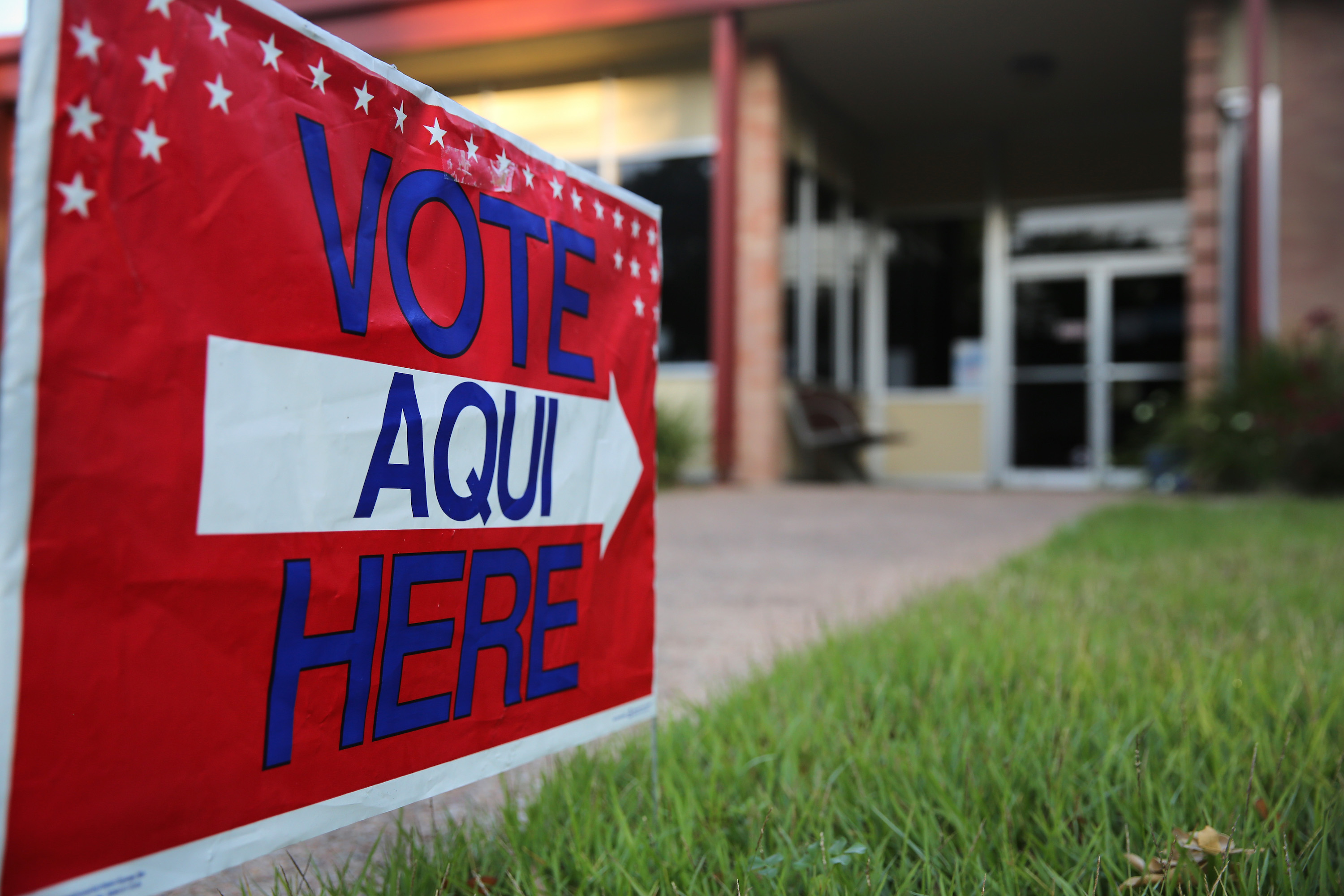
The origin of the citizenship question
Files from a deceased Republican consultant revealed gerrymandering as a potential rationale for the controversial census question. A revealed analysis showed…
The Supreme Court is set to decide on the legality of the controversial citizenship question on the upcoming 2020 census in the coming weeks, but a recent revelation in the files of a deceased former Republican party consultant could complicate the process.
On Thursday, the ACLU filed new evidence against the Trump administration’s effort to reinstate a citizenship question into the upcoming 2020 census involving files from a man named Thomas B. Hoffeler, who The New York Times dubbed “the Michelangelo of gerrymandering.” He worked for years as a Republican party consultant constructing political maps that favored the party in states across the country.
He died a year ago, and in hard drives obtained by his estranged daughter was a treasure trove of files relating to the Republican party’s national political strategy. One of those files was an unpublished 2015 analysis he authored on behalf of a conservative news outlet backed by a big Republican donor to determine the impact of drawing political maps based on the population of voting-age American citizens in a state. The current practice bases maps on a state’s total population.
RELATED CONTENT
As a testing ground for his analysis, Hofeller used Texas state legislative districts. Texas has the second highest Hispanic population of any U.S. state, at 39 percent, and one with a growing, enthusiastic Democratic base. Across the country, Hispanics now hold the largest minority voter base.
Hofeller’s analysis concluded that drawing the maps based on the voter-age American citizen population “would be advantageous to Republicans and non-Hispanic whites”—as the The New York Times quoted—because the hypothetical maps would largely exclude Democratic Hispanics.
The problem with Hofeller’s study is that detailed population data regarding citizenship does not exist to create the maps. Hence, why the analysis would then go on to advocate for a citizenship question on the 2020 census to obtain such data. According The New York Times, Hofeller would also later contribute to a letter to the Justice Department that reasoned for the citizenship question under a need to enforce the 1965 Voting Rights Act. The Trump administration also later used this justification.
After the Department of Commerce announced the reintroduction of the citizenship question in Mar. 2018, a judge blocked it a year later, citing its potential to reduce participation from “non-citizen households and Hispanics.” If the Supreme Court rules in favor of the administration, Hispanics across the country have the most to lose inside the voting booth.











LEAVE A COMMENT: